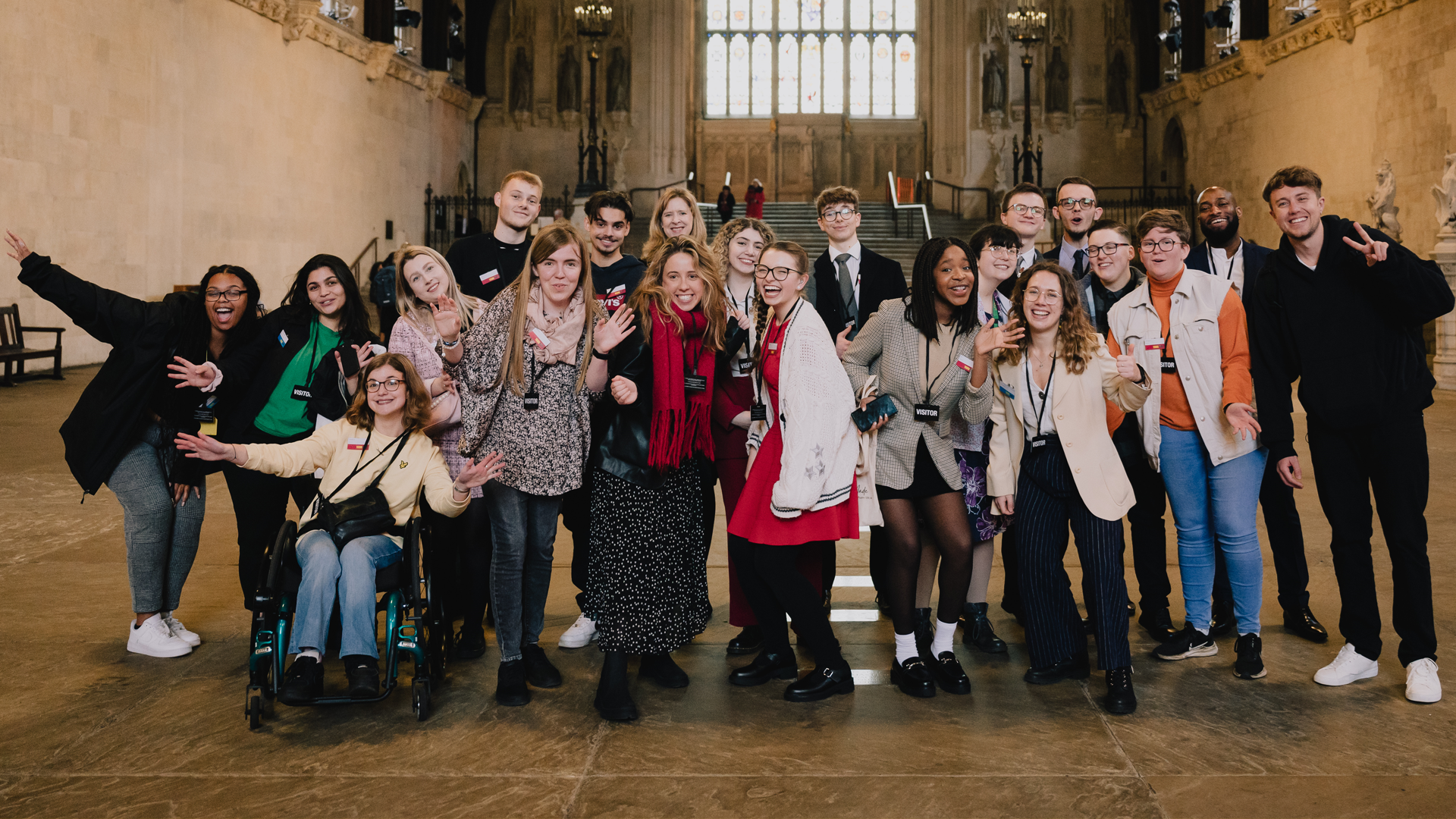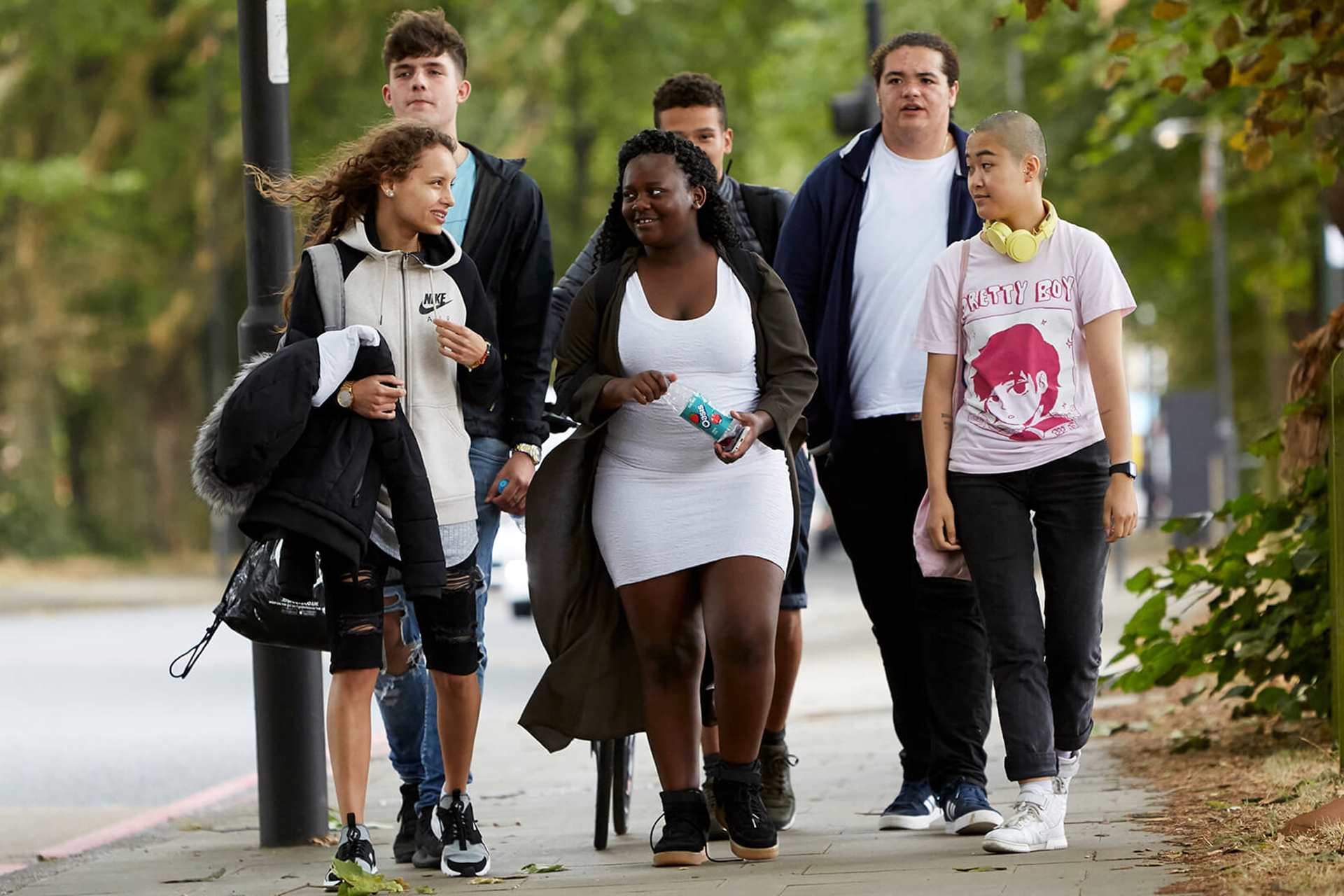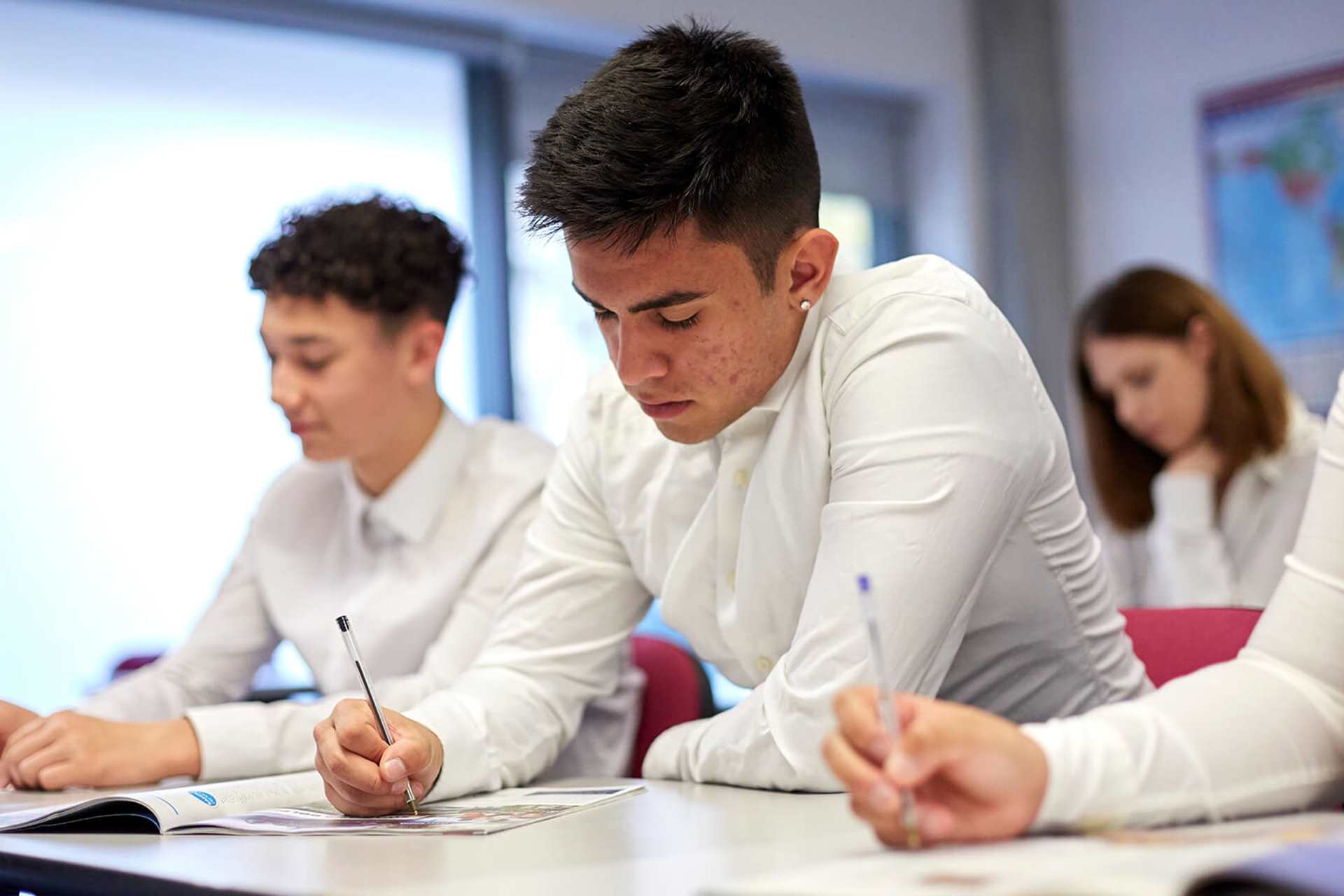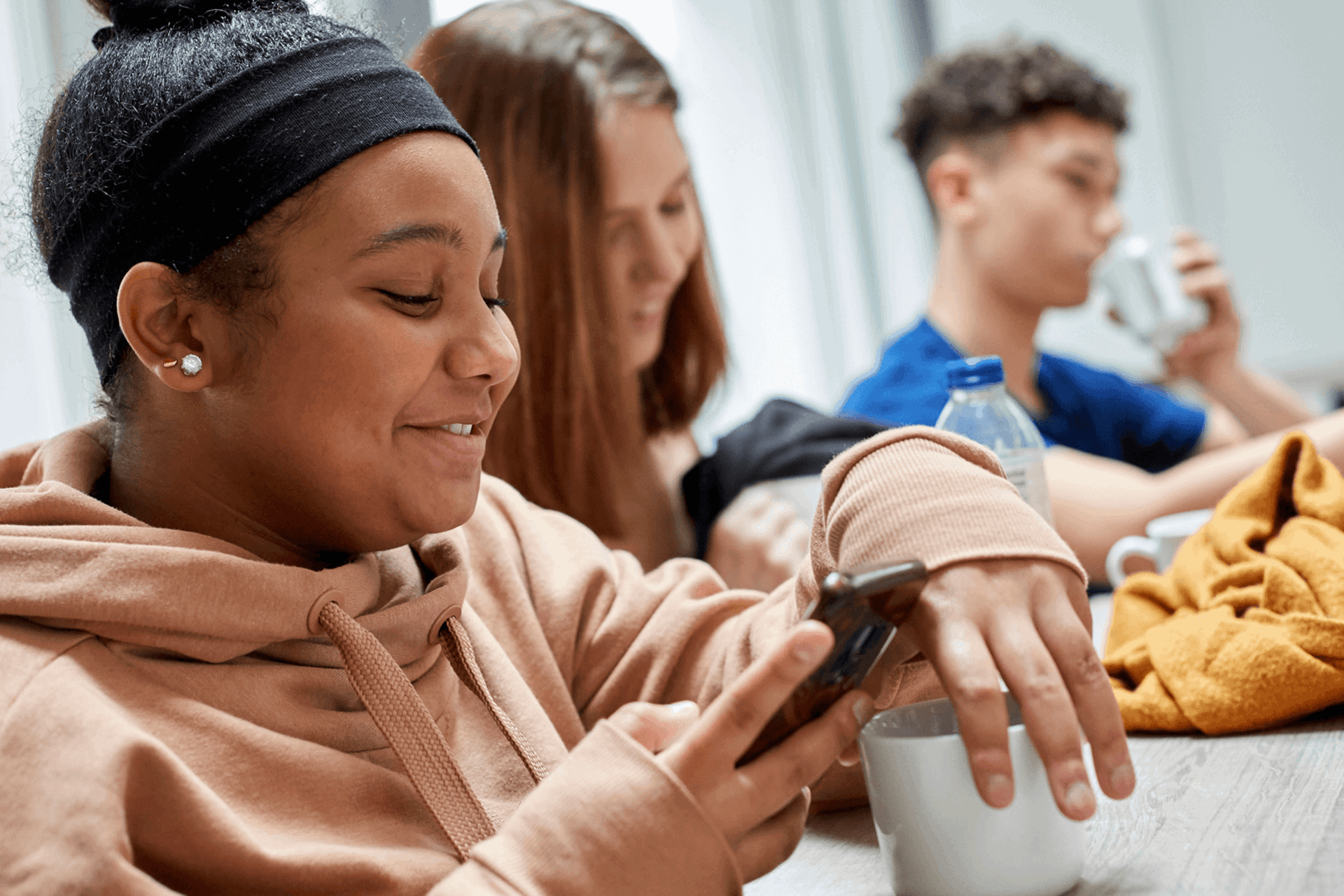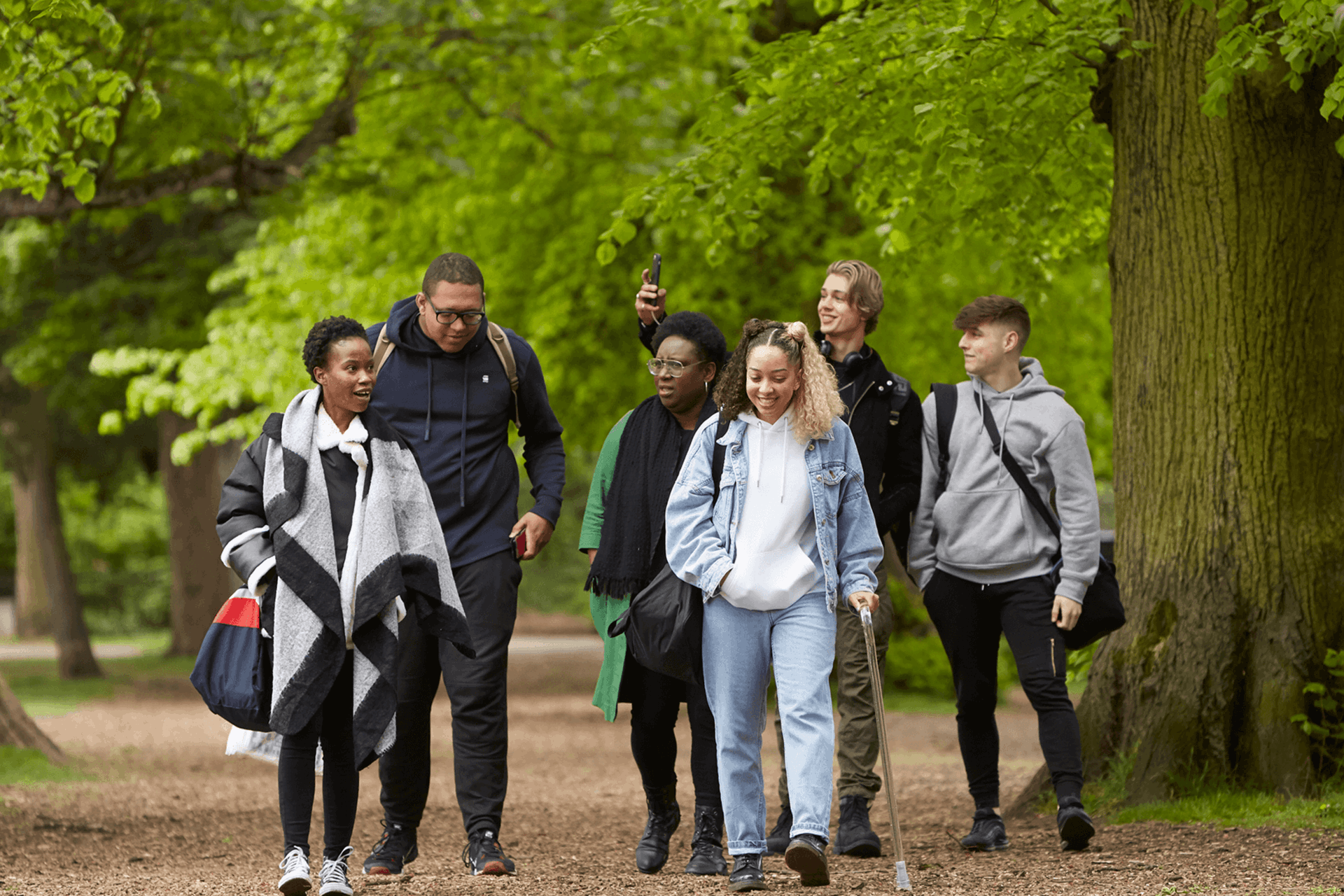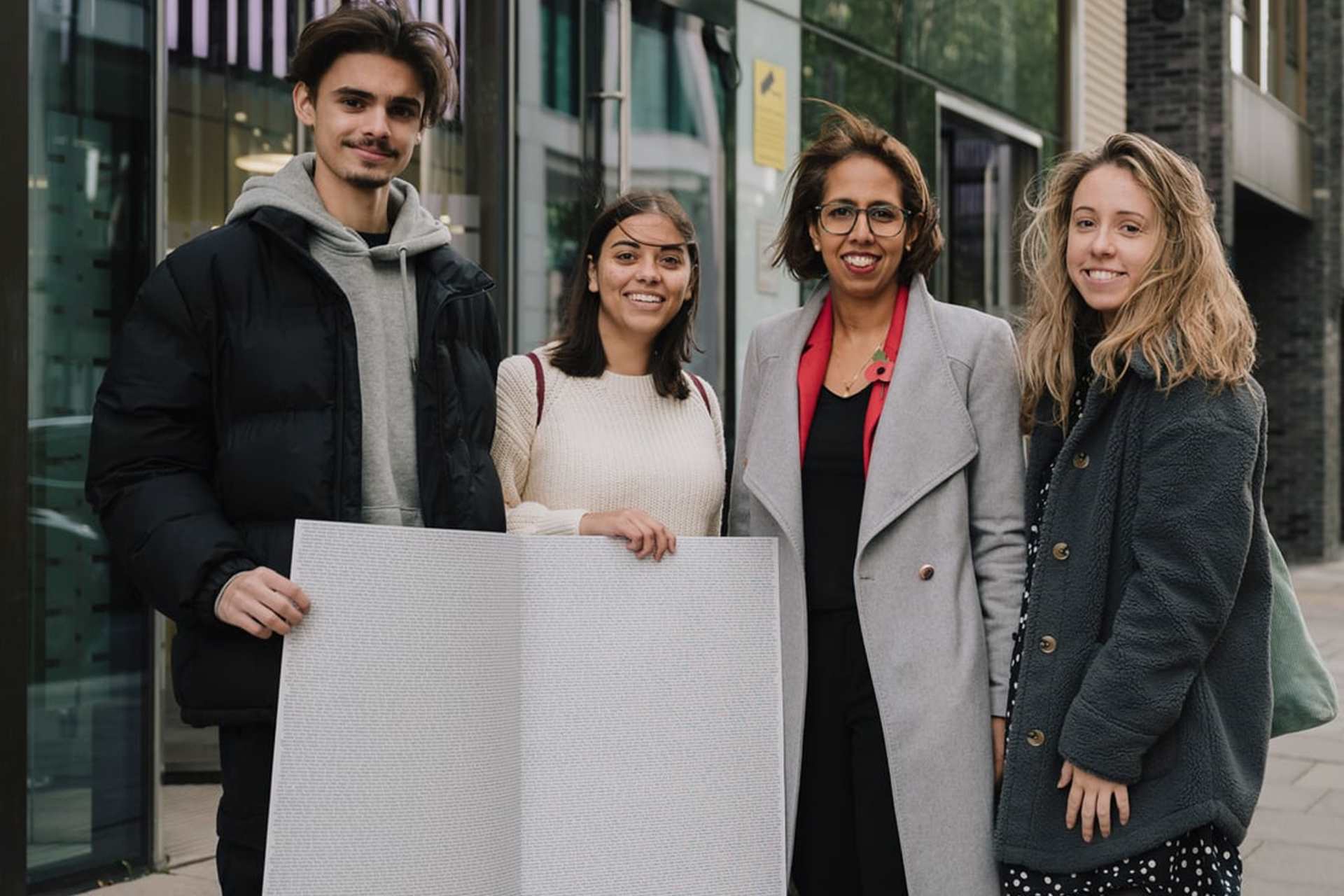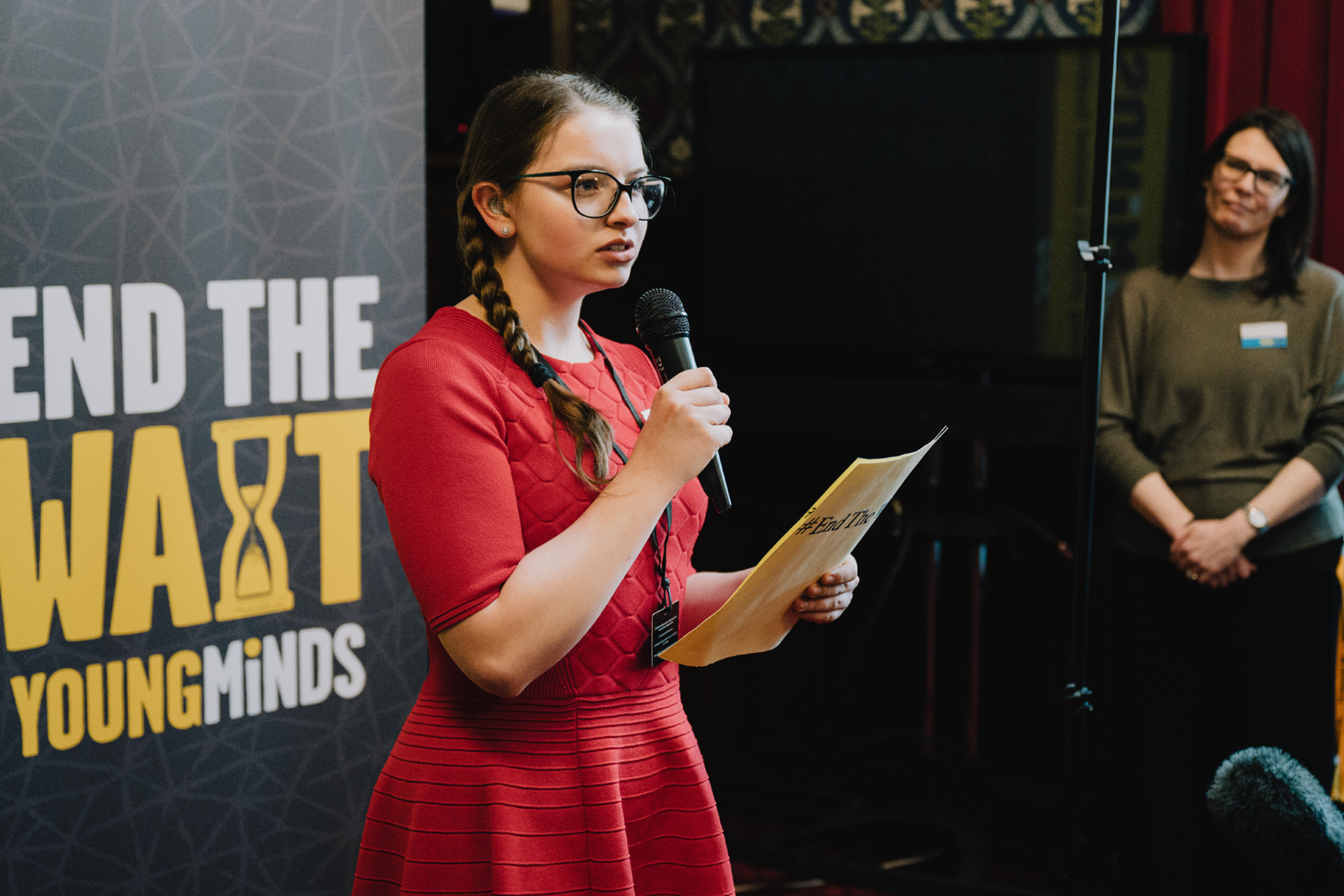Topics mentioned: #EndTheWait, school, anxiety, depression, CAMHS
About: Activist Jessica joined our #EndTheWait event. She shares her experience of accessing mental health support and why the campaign is so important to her.
Some things are out of our control and while we may understand that, it doesn’t make it any easier.
I have grappled with my mental health from a young age and growing up with cerebral palsy has its challenges. It can be really frustrating trying to navigate and fit into a world that isn’t accessible to you. A world that has expectations and pressures that go against you.
Cerebral palsy affects gross and fine motor planning. In other words, things like coordinating movements and interpreting information can take longer to comprehend and do. This can lead to sensory or language difficulties, sleep problems, short attention span and trouble regulating our emotions later in life, making it difficult to learn in general. It is exhausting.
As a physically disabled person with a brain injury, I have found mental health support intentionally or unintentionally ableist. It either does not work with the way my brain is wired or doesn’t take my personal circumstances into account. Simply having a brain impairment makes it harder to deal with stress and change.
But that doesn’t mean I want to be patronised. I want to be listened to and supported so I can reach my full potential.
I am an 18-year-old who was referred to CAMHS at age 12 with anxiety and depression, and started to seek help, only to be turned away.
Why I want to #EndTheWait
I decided that I needed to be a voice for young people to make sure that they are heard and know they are not alone. To make them feel hopeful and validated. As an Activist, not only do I have a space to do this, but I am able to inspire and encourage change.
I can help ensure that young people don’t have to feel worthy enough to reach out for support and don’t fall through the cracks. The #EndTheWait Campaign offered me a chance to champion this - two of the three key principles are access to early support hubs and that NHS services meet demand.
As of June and July 2022, 40% of young people waited over a month for mental health support after seeking it, and one in four 17 to 19 year olds now have a probable mental disorder – this is only ever increasing. I am one of those statistics. I am an 18-year-old who was referred to CAMHS at age 12 with anxiety and depression, and started to seek help, only to be turned away.
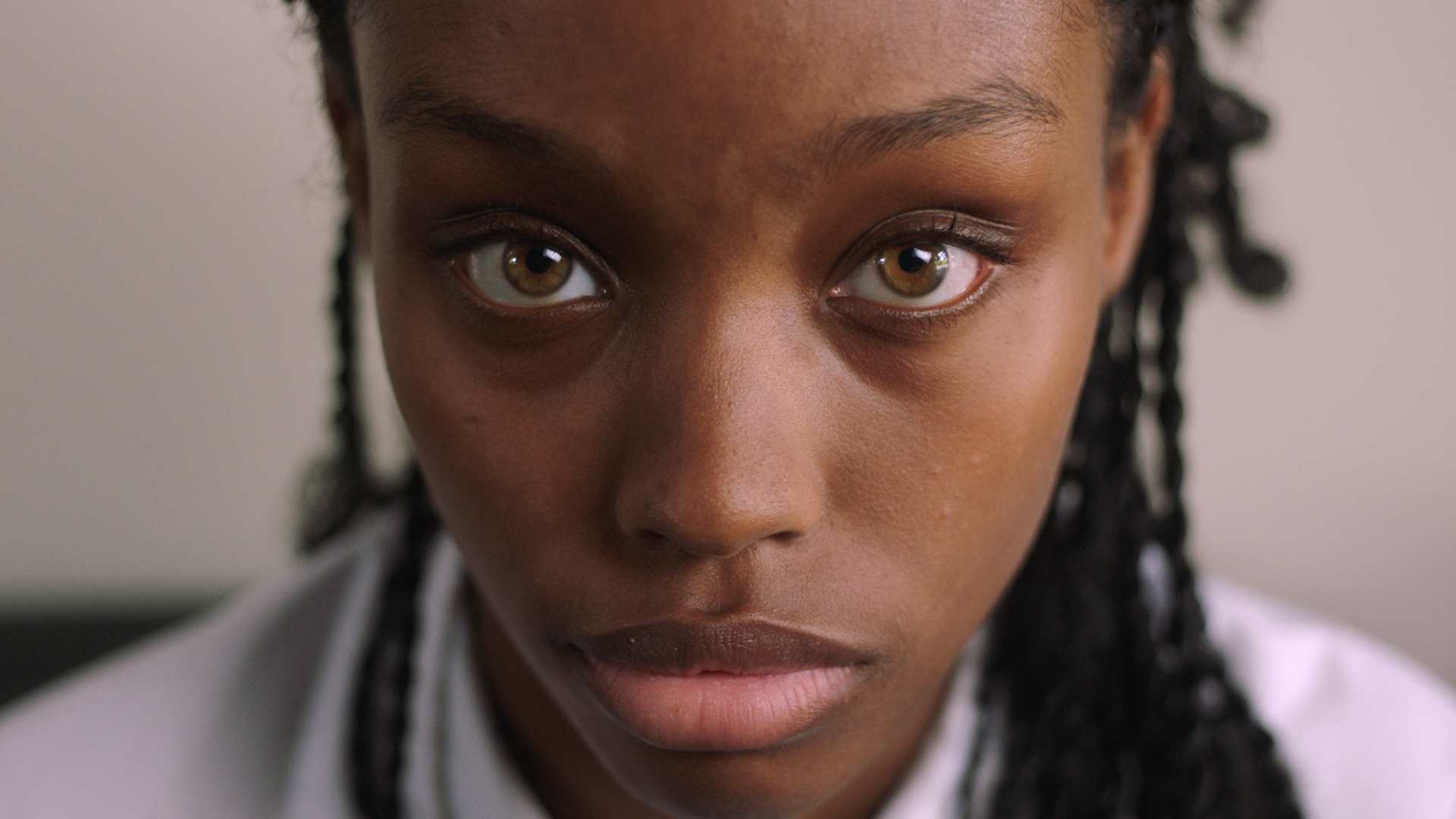
The demands of school increased and I was still trying to process all I went through in the past year. It was draining.
I did not feel like I mattered
I can’t change my brain chemistry and I can’t change the order of my life events. I’ve been highly sensitive from a young age, had to adapt due to a disability, and dealt with school-related anxiety and depression. I’ve experienced trying to access support and getting assessed, to then having orthopaedic surgery.
Of course, my physical health and learning to walk again became my priority. I received psychotherapy from the hospital to treat delayed-onset PTSD. While I was glad that this was improving, as was my walking, my overall mental health crumbled.
The demands of school increased and I was still trying to process all I went through in the past year. It was draining. I didn’t know what to do. I did not feel like I mattered because, although I loved learning, it came with hardships.
Although I was a bright 14-year-old student who teachers admired for her work ethic, I was lost, lonely, and reserved. My brain could never keep up due to slower processing speed and extreme sensitivity to sounds, which meant stalling through lessons and repeating work because I never felt satisfied that I had absorbed everything.
It should not have taken five years trapped in a system to then be told as I was turning 18 that the service could no longer provide for me.
I waited ten months to access support
Knowing that I was at crisis point, I reached out for help heading into my GCSE years, but the pandemic struck. After ten months of pure pain, I was finally offered online cognitive behavioural therapy (CBT) by CAMHS and put on sertraline. While medication hasn’t cured me, it has definitely made my days more tolerable.
I started college, hopeful of independence and a new start. I transitioned well, kept up with the work, and felt a healthy balance. Nothing felt burdensome.
However, something altered within me. I started to repeat work again, worried I hadn’t taken everything in and zoning out in lessons. I tried mindfulness, breaking tasks down, asking for help, everything. How I looked to others on the outside didn’t match how I was feeling inside.
I decided not to go back to college for my second year and I was just as confused as everyone around me. That is when I got diagnosed with inattentive ADHD and everything came flooding back.
It should not have taken five years trapped in a system to then be told as I was turning 18 that the service could no longer provide for me. This needs to change.
I was nervous talking to my MP about my story, but I knew I had to do it.
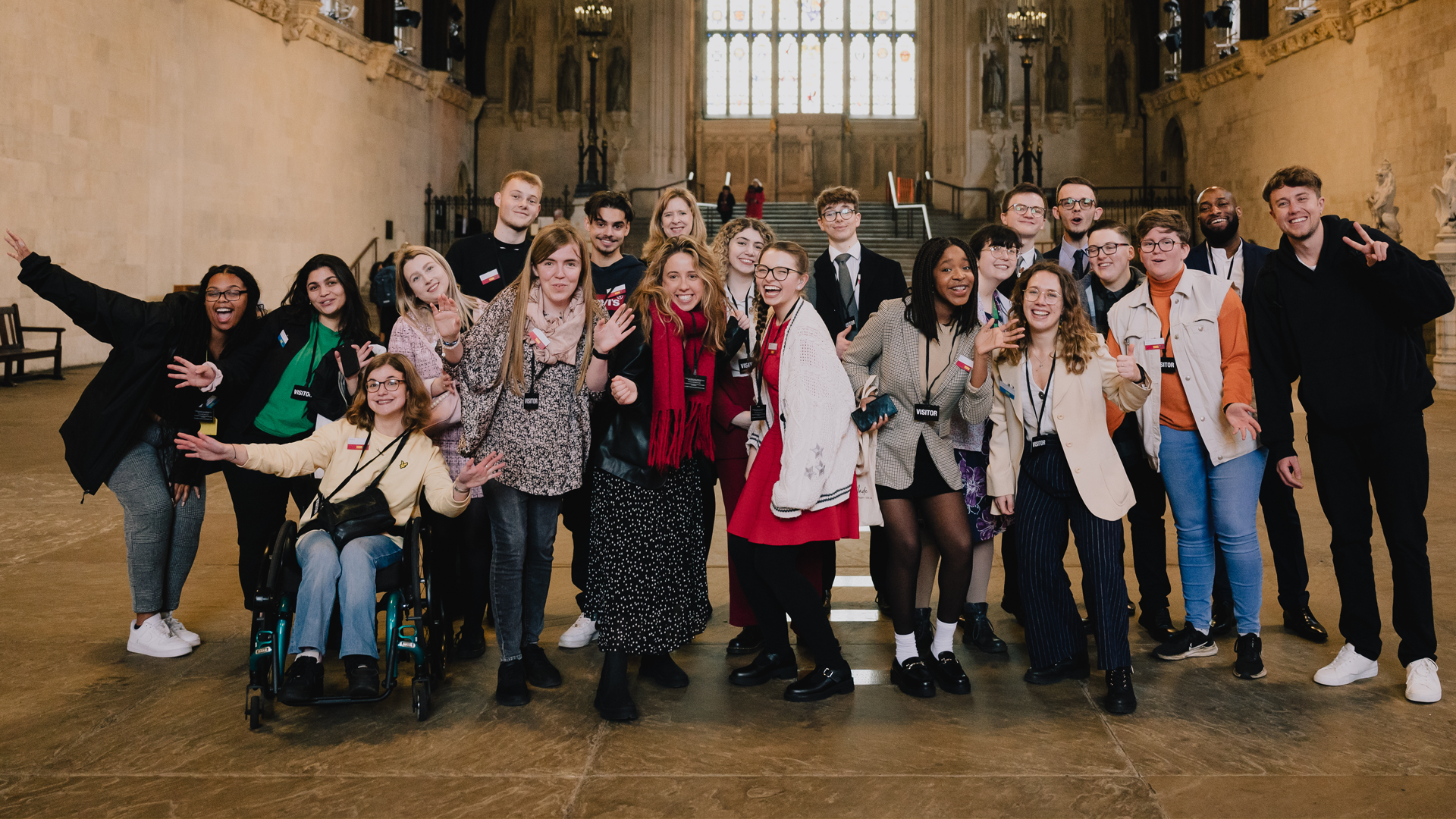
Thank you to everyone who invited their MP
I was nervous talking to my MP about my story, but I knew I had to do it. I couldn’t let what happened to me happen to anyone else. It was a true privilege to be part of this event. Meeting Dr. Alex is something young Jessica would never have dreamt of.
Thank you to everyone who invited their MP. I don’t think you realise how appreciative I and everyone else at YoungMinds are for your simple action. It really does make a difference.
It really does make a difference.
More information and advice
We have tips and advice to help you find the support you need. Take a look at our guides.
Where to get help
However you're feeling, there are people who can help you if you are struggling. Here are some services that can support you.
-
Childline
If you’re under 19 you can confidentially call, chat online or email about any problem big or small.
Sign up for a free Childline locker (real name or email address not needed) to use their free 1-2-1 counsellor chat and email support service.
Can provide a BSL interpreter if you are deaf or hearing-impaired.
Hosts online message boards where you can share your experiences, have fun and get support from other young people in similar situations.
- Opening times:
- 24/7
-
Samaritans
Whatever you're going through, you can contact the Samaritans for support. N.B. This is a listening service and does not offer advice or intervention.
- Opening times:
- 24/7
